A Fair Trade certified coffee purchase directly benefits the farmer or entrepreneur, their community and supports a sustainable environment. Laura Davis likes that her consuming patterns can make a difference.
By Laura Davis
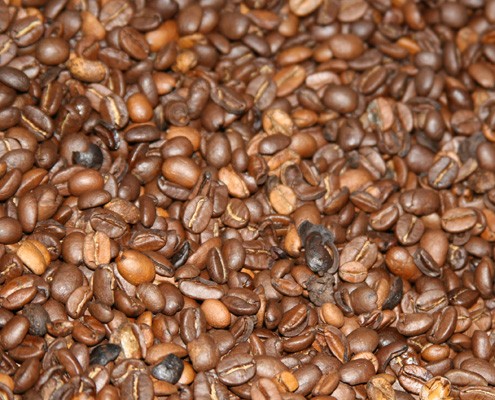
Fair Trade is a label that I recently have seen more of in the US markets. I bought a store brand coffee blend labeled Fair Trade dark roast beans last time I stocked up on java. No specific information was offered at the market so I felt some research was in order. I found out that this coffee was Fair Trade Certified and was an organic blend of Mexican coffee and a dark roast Sumatra blend from Indonesia. What exactly does fair trade certified mean? The Fair Trade USA website states the definition as “Fair Trade goods are just that. Fair. From far-away farms to your shopping cart, products that bear our logo come from farmers and workers who are justly compensated. We help farmers in developing countries build sustainable businesses that positively influence their communities. We’re a nonprofit, but we don’t do charity. Instead, we teach disadvantaged communities how to use the free market to their advantage. With Fair Trade USA, the money you spend on day-to-day goods can improve an entire community’s day-to-day lives.” That makes me really happy. I believe there can be a lot of power in the purchases that a person makes. You can vote all you want (and I do) but real power in the markets. It is amazing to me that a routine cup of morning coffee in my life can make a big difference in someone else’s life and their community. This is one of the reasons I love my local markets. I know who grows the food, I can ask them question about concerns I may have and I know that the purchase money is going directly to them. For me, beside feeding my family, I feel like I am doing the right thing. This also makes me really happy.
During a family trip to Costa Rica, we had an opportunity to take a coffee tour when we were in Monteverde. This tour took us to a farm that was just about 3 hectares (about 7.4 acres) and the farmer gave us a tour of his property. He spoke very little English and we spoke very little Spanish but we had a translator when needed. It was very personable. The farm was amazing. No rows and rows of coffee beans, instead it was a hillside of seemingly random plantings behind the farmers home. We wove through the jungle like area and the farmer pointed out the coffee plants.
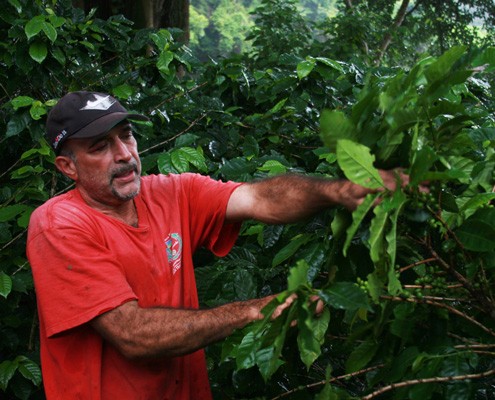
The coffee plants seemed like they were growing wild and were among plantain, banana, lime and orange trees.
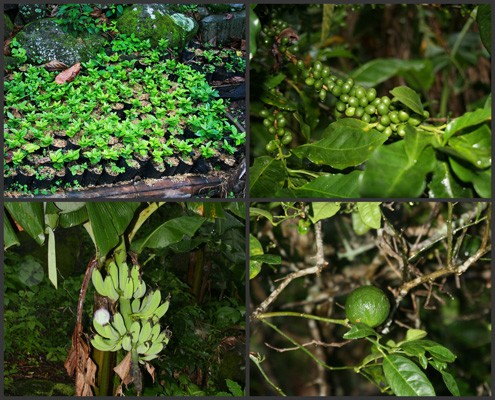
The farmer was friendly and very proud of his farm. It was a rainy day so we wore raincoats but then the deluge came and cut the tour short. He made us a cup of coffee under a canopy and it was delicious and memorable.
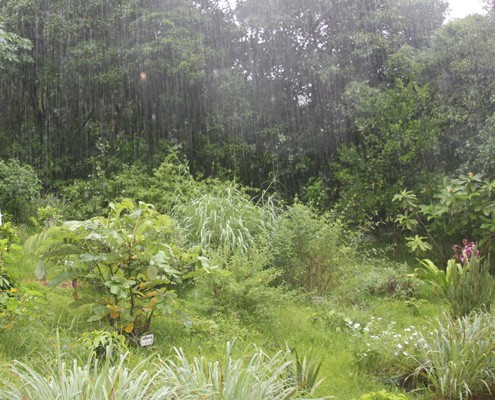
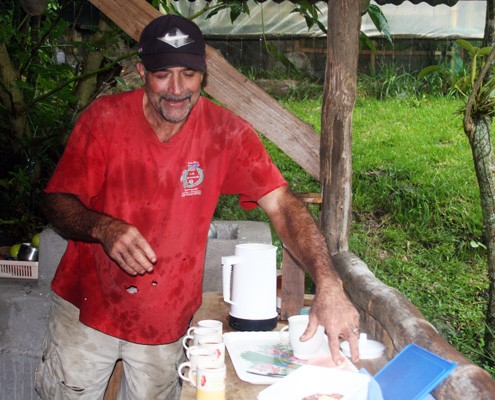
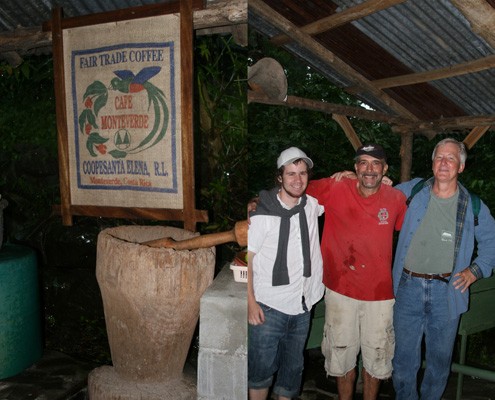
After we were finished on the farm, we headed out to the area where they process and roast the coffee. It didn’t let up raining and there were a few roads washed out, but we managed to get there. I guess that is how it goes when you vacation during the rainy season! We got there just in time to experience and watch them roast a batch of coffee beans.
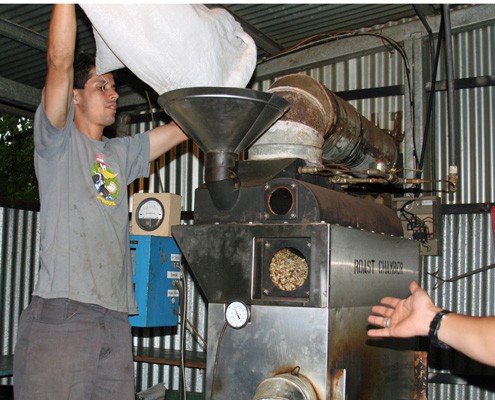
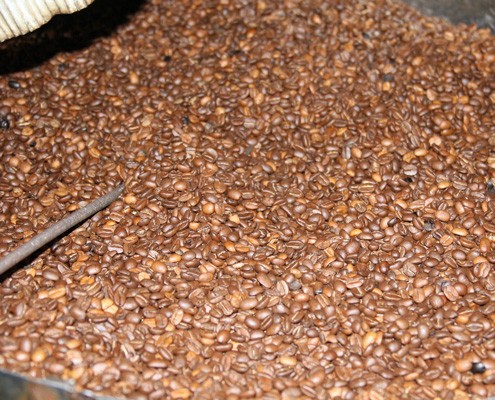
We still get a newspaper delivered to our driveway. It is true we are one of the few in our neighborhood but we can’t seem to get on the handheld device bandwagon of reading books and such. One day when they don’t deliver door-to-door (we know that is not too far off) we will move on to electronic devices for our news, but until then I like reading the paper old school. One recent morning there was this article about a coffee company in Philly called La Columbe (located in Philadelphia, New York, and a new opening coming in Chicago) and how one of the founders, Todd Carmichel discovered an almost wild grown typico coffee in Haiti. He went and brought back this coffee and sold it to one of Philadelphia’s top restaurants called Talula’s Garden. The Haitian farmer got the opportunity to come to Philadelphia and he stopped by the restaurant to personally thank the owner for their business and shared what it meant to him. Considering all that has happened in Haiti, it was a very moving and awesome story that you can find in full here.
Direct Trade is a term I had never heard before going toChestnut Hill Cafe in Lancaster, PA. Their espresso was reviewed by Bill Walsh here on Honest Cooking and I decided I had to try it the next time I was in Lancaster. It did not disappoint as in it was amazing and I agree with everything he said. He is the connoisseur and I will leave the nuances up to him. I asked them if they used Fair Trade coffee and he said yes and Direct Trade. I had never heard of Direct Trade before and it is essentially what the name implies, they buy directly from the producer/farmer thereby bypassing the middleman.
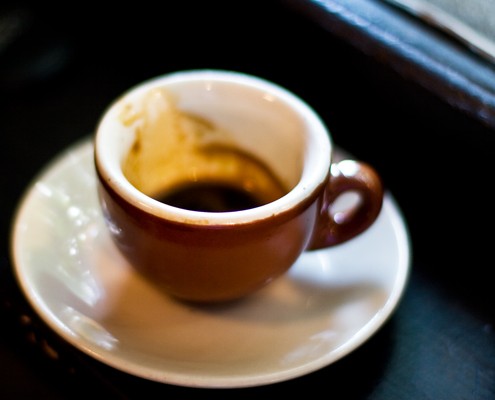
On a final note, I would like to mention a town that is not too far from me that calls itself America’s First Fair Trade Town. It is a great place to dine and one of my favorite places to window shop for unique purchases. This quaint little town is called Media, PA located west of Philadelphia and you can check out their website here. I have to wonder if there are not other places or towns like this. Maybe you know of some places that support Fair Trade and will share with us in the comments section and maybe we can support them.
If you have the opportunity to make a difference in someone’s life by purchases that you are probably going to make anyway, then buying from businesses that buys Fair Trade thereby sustaining a farmer, a small business person and helping to protect the environment just makes sense. What can be better than that?



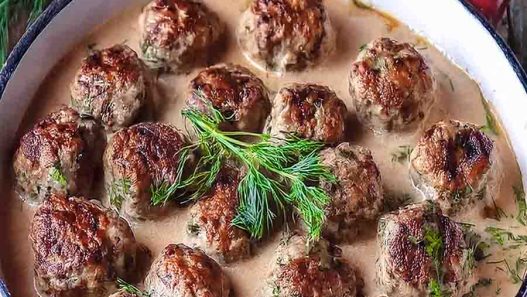
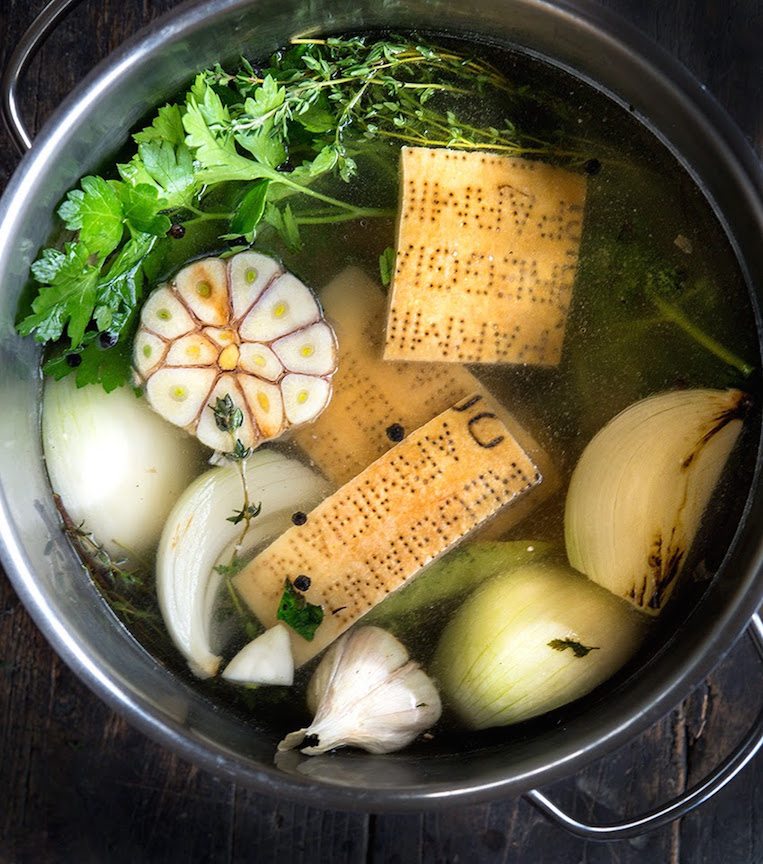
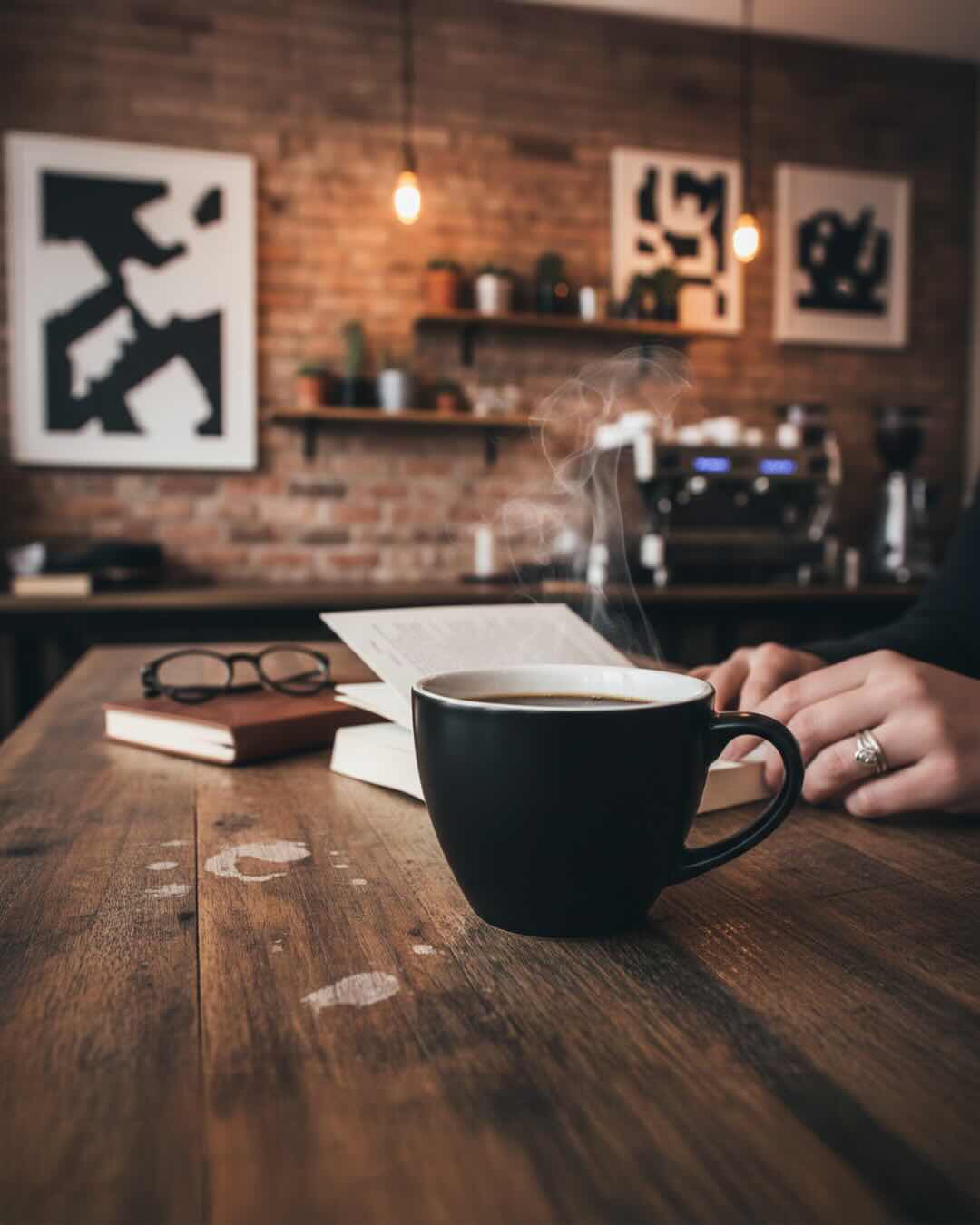
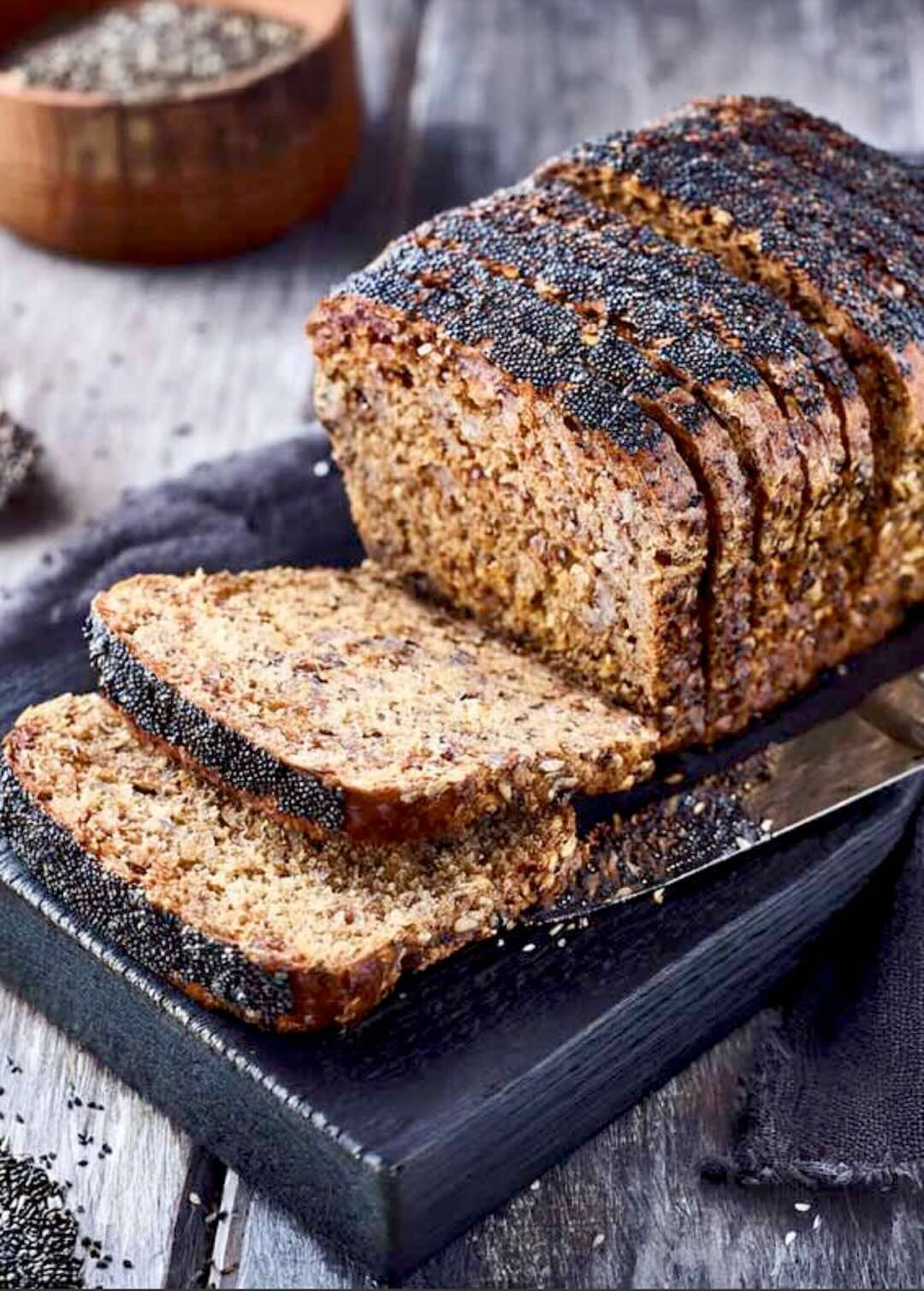
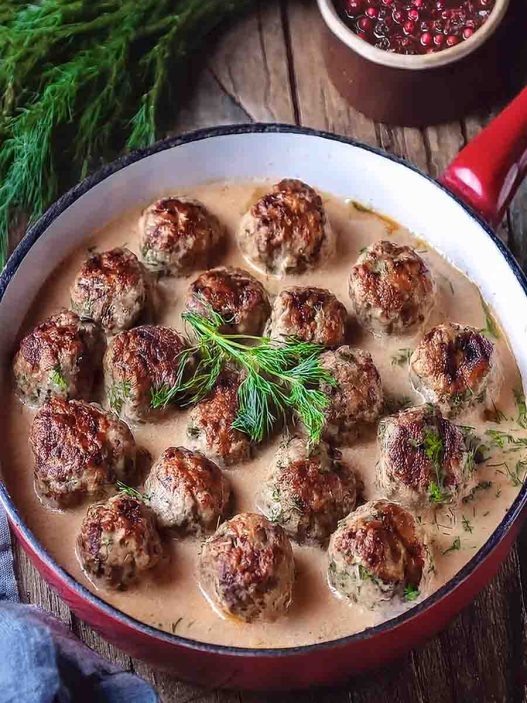
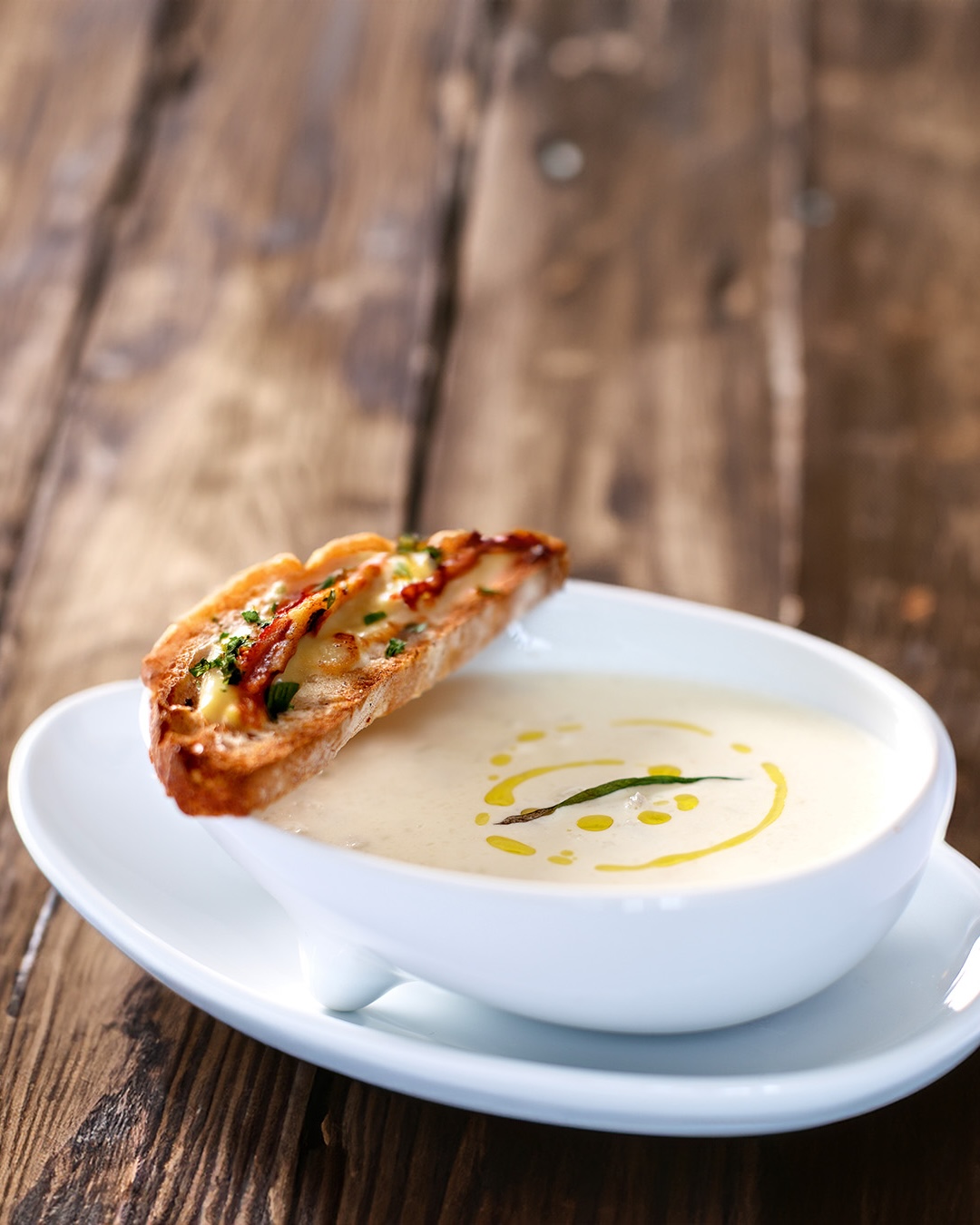
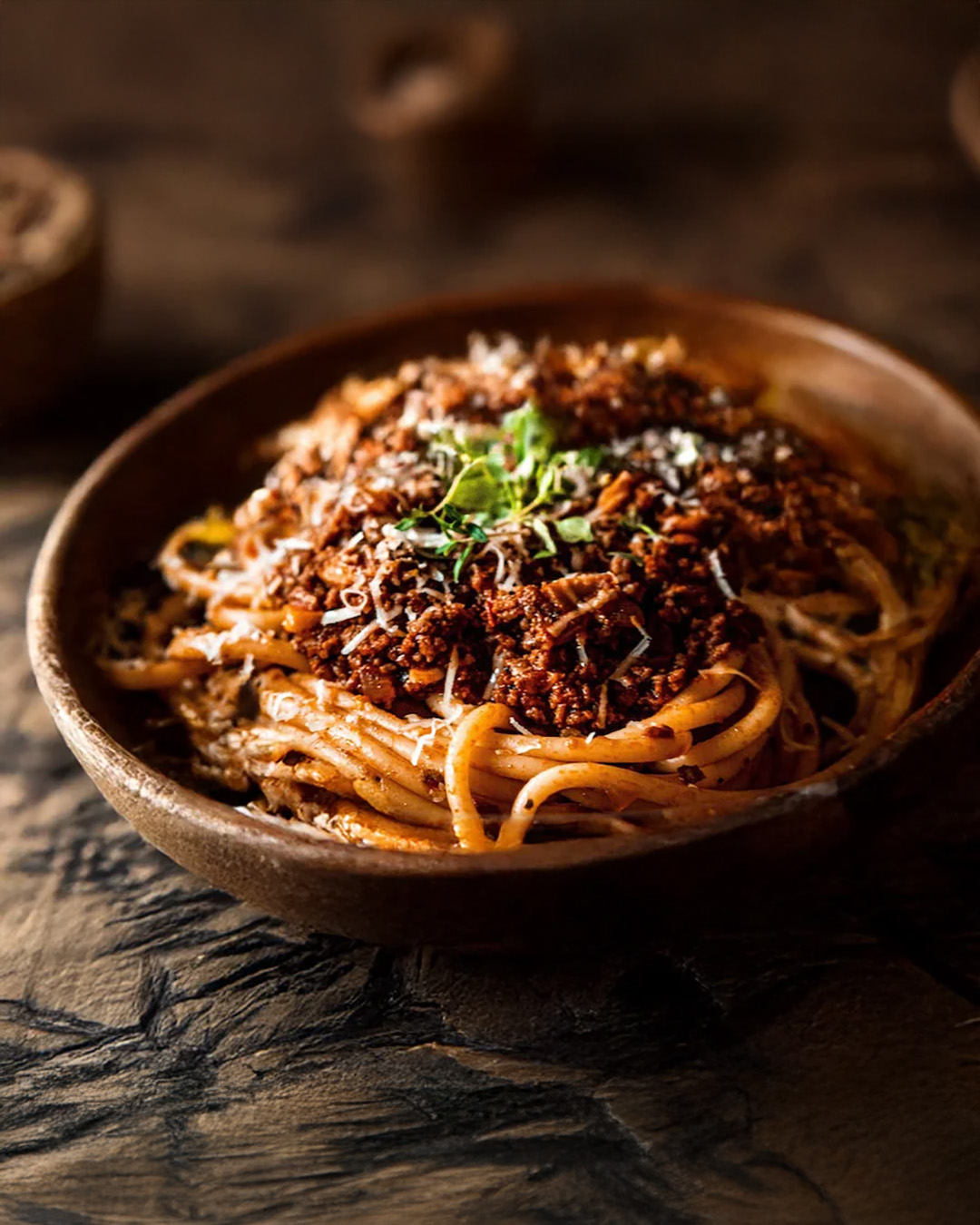
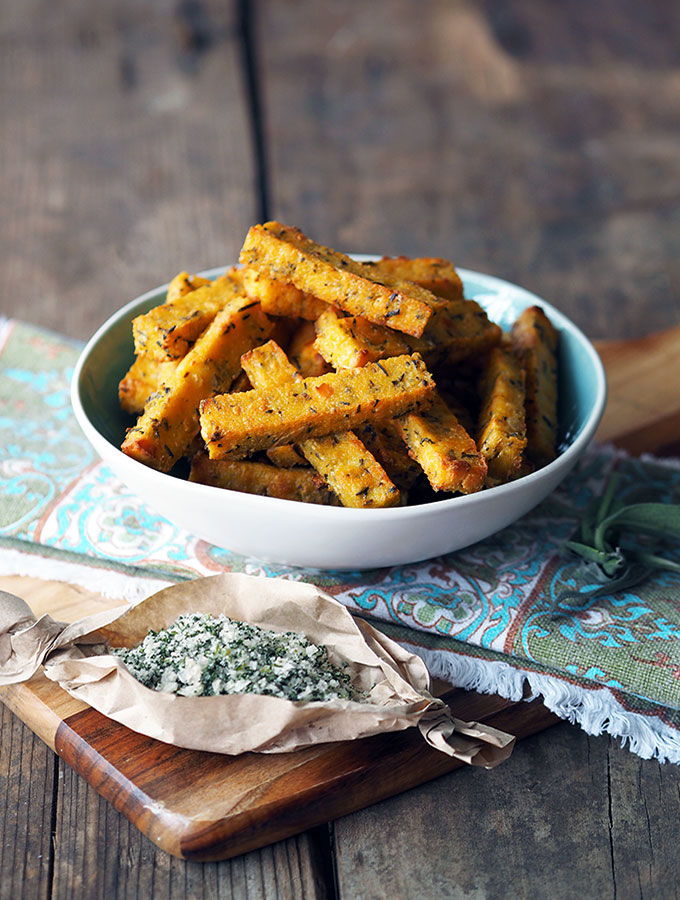
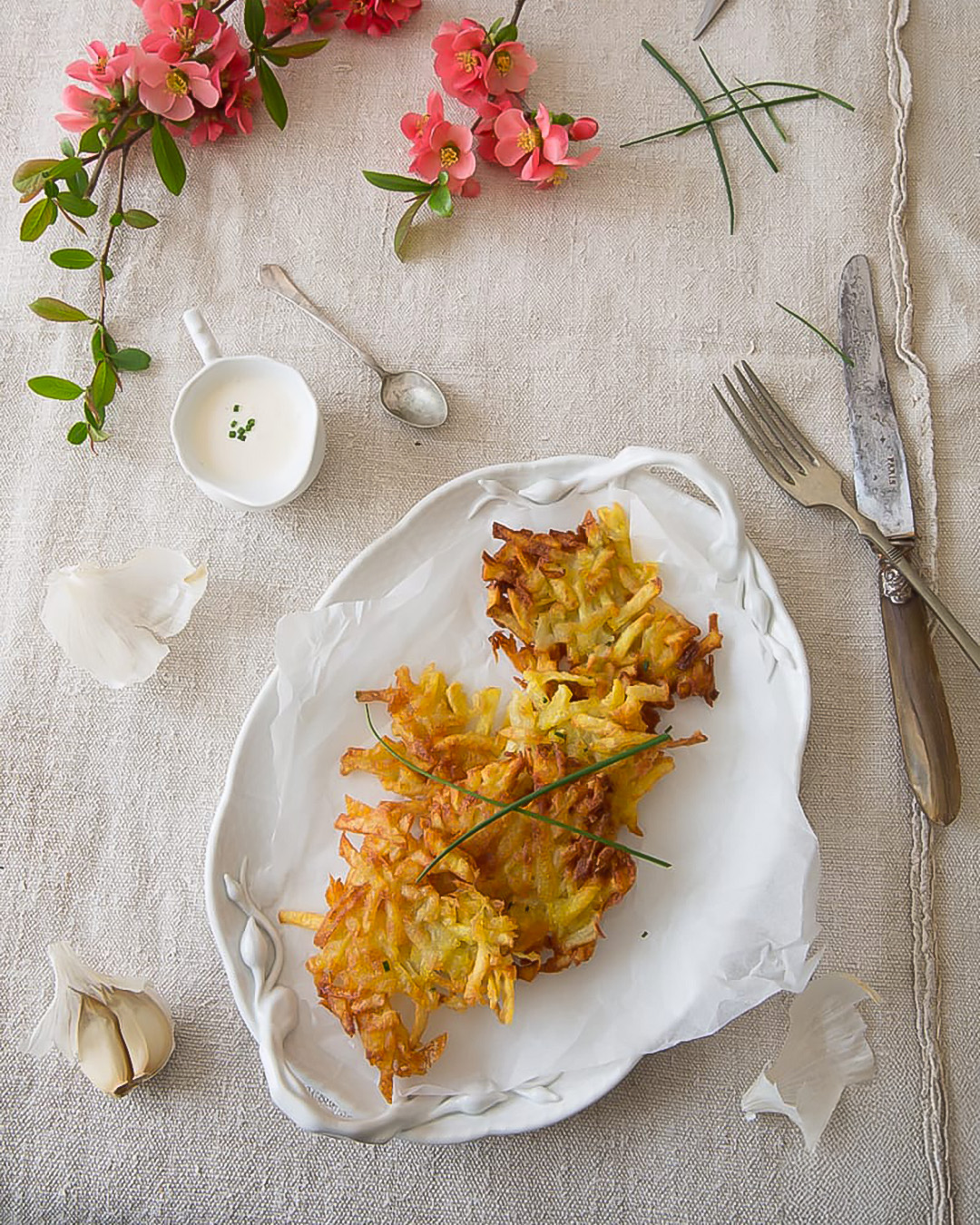
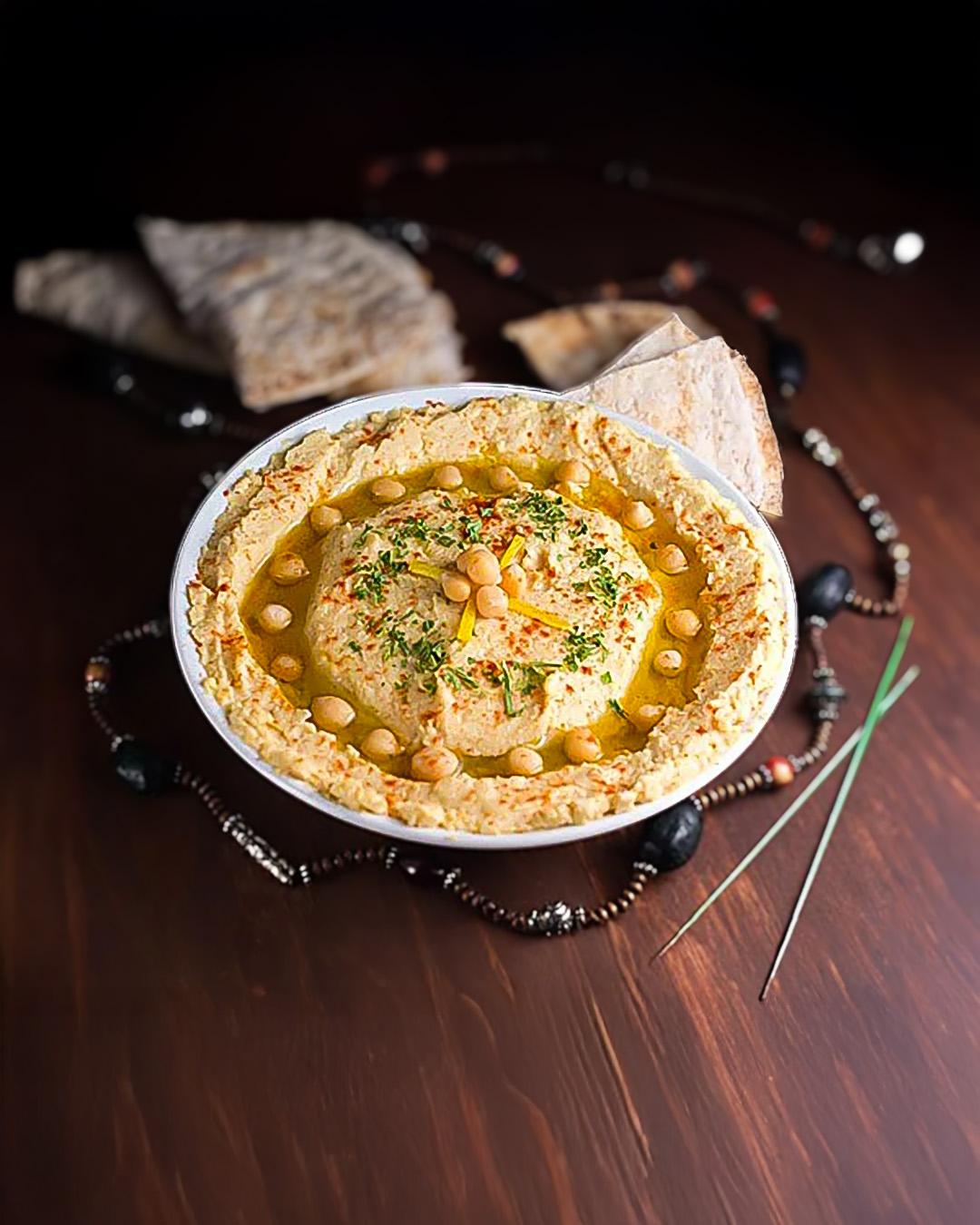
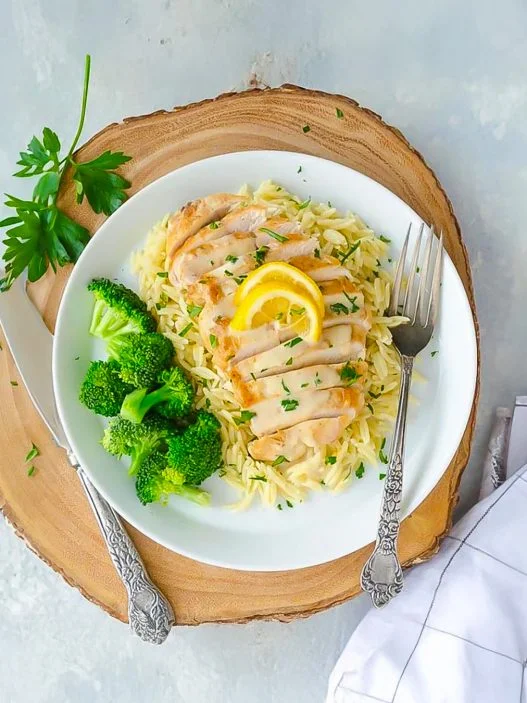
I have been purchasing Fair Trade coffee for some years now, there is a great deal of Fair Trade Shops in Toronto where I live. It is true that the quality is becoming more uneven and the Fair Trade system hasn’t changed much since its foundation, but the most important thing about it is that it grants market access. Some people consider it “ethical consumerism” but don’t forget that Fair Trade coffee is an organic product of much better quality than other “traditional” brands.
Laura,
Interesting article (the farm looks like it was a great stop). To add some further discourse on fair trade, check out this blog post; I think it really rounds out the topic.
http://caffeinatedcalm.blogspot.com/2011/05/rare-dose-of-reality-on-fair-trade.html
Also, thanks for the kind words!
Keep up the good work.
All the best,
Bill
Thank you for directing me towards a delicious cup of coffee in Lancaster.
There are definitely two sides to this topic. Fair Trade is not perfect and it is only right to add that they are competing in a world of coffee giants that would like to see Fair Trade and other similar organizations go away. It is not an easy feat to go against well paid lobbyist to keep the markets in large coffee company’s favor. Consumer demand changes that. In Costa Rica, the coop was well aware of the problems and was willing to discuss them with us. Getting their coffee through the door of merchants was a huge issue for them at the time. The farm of integrated coffee, limes, oranges etc that we visited was a stark contrast to the stripped landscape of planted coffee with artificial shade covering in the middle of a Rainforest.
It would be nice if certifications could be earned and not bought. There are many smaller industries (such as European wines) that forgo organic certifications because of cost. Certifications and labeling should comfort the consumer not cause more issues and need for personal research.
I still like buying Fair Trade and like the organic market which has grown and quality has improved in the past ten years which was due to consumer demand and the consumer being educated on the alternatives. I would like to see the same happen with the Fair Trade concept.
Thanks for the link and the comment.
Laura,
I completely agree that fees and purchased certifications make Fair Trade not always fair (sometimes unfair) for the farmers. I also agree that the concept of Fair Trade definitely needs more championing.
I think the part that kind of blows my mind is that in buying some types of Fair Trade it seems that you actually hurt the farmer and local market. I think the label, especially in the coffee world, has become something like the phrase ‘natural ingredients’ in the grocery world; it can mean a lot of things and not always what you expect it to mean. For the person looking for a truly fairly traded product, it seems like you have to really know your products.
Hopefully, as you espouse, the Fair Trade process will improve and you won’t need to do homework to know something is truly fairly traded. But in the meantime, at least for coffee, I think direct trade coffees are better at guaranteeing a good price for the farmer (many coffee roasters offer such coffees, even if they don’t call them “direct trade”). Alas, the key is homework it seems.
All the best,
Bill
I agree. There is always misuse of a “label” to sell products. I do like “direct trade” concept better but is definitely more difficult with products like coffee (verses regionally produced products). I would like to give a shout out to companies like Stumptown and La Columbe for their direct trade efforts and a pretty decent cup of joe!
Great conversation. Thanks
Laura, what a great experience and article! I’ma true coffee addict. I’d love to visit this farm